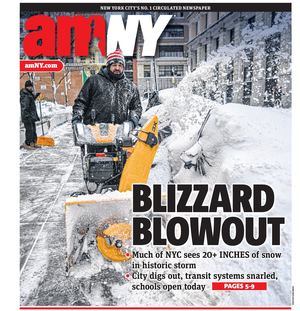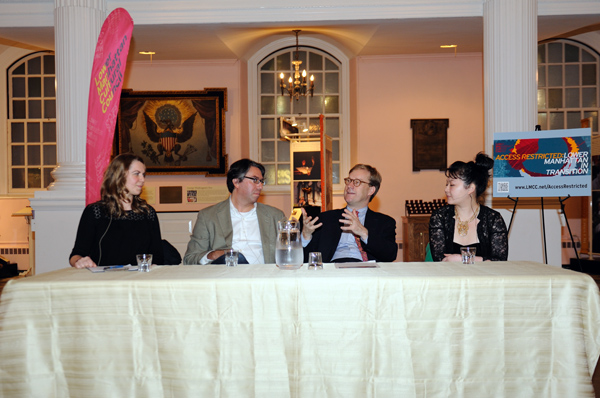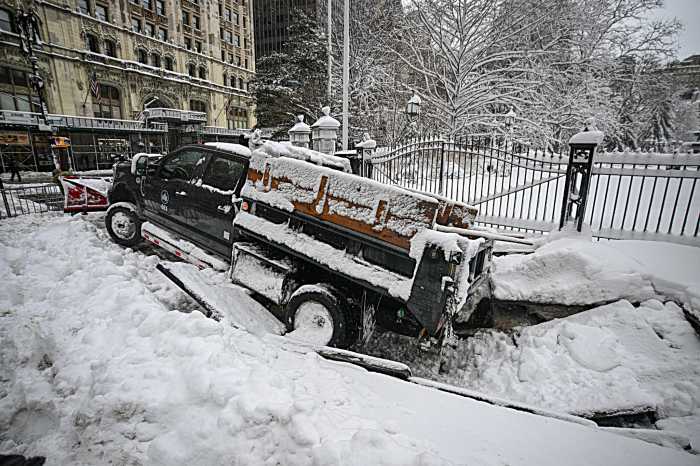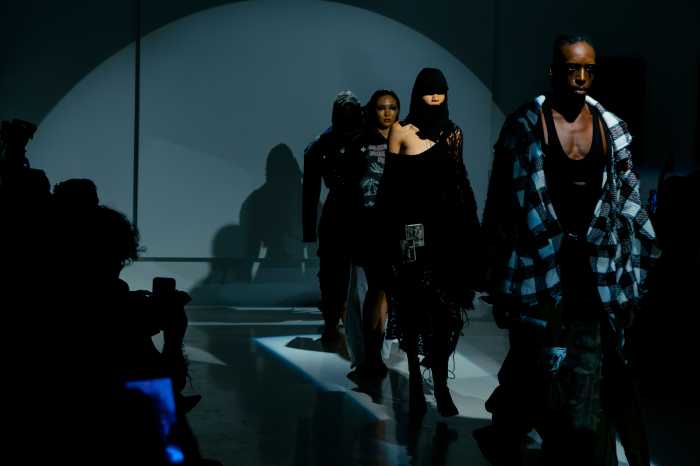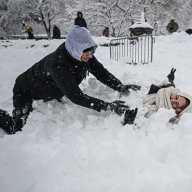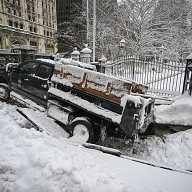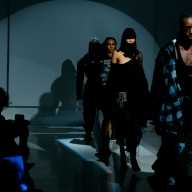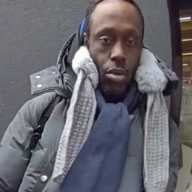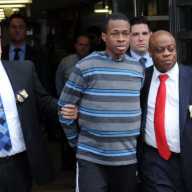
BY TERESE LOEB KREUZER | Devotees of the Lower Manhattan Cultural Council’s Access Restricted lecture series this year will have a chance to contemplate how the arts have affected Lower Manhattan’s past and how they are likely to affect its rapidly evolving future.
Under the title, “Lower Manhattan in Transition,” this year’s programs take place between March 21 and April 18 with panels of artists, writers and scholars. In past years, the venues truly have been inaccessible to the public. This year, the locations chosen for the lectures are interesting but not so off limits as in the past.
Rather than the spaces themselves, “We were thinking of providing access to people and discussions not readily available in the public space,” said Andy Horwitz, director of public programs for the L.M.C.C.
The first program was presented on March 21 at St. Paul’s Chapel, Broadway at Fulton Street, on the topic “The Sacred and the Secular: Arts and Community at Trinity Wall Street.” The panel consisted of Julian Wachner, director of music and the arts for Trinity Wall Street, Du Yun, a composer, and George Steel, general manager and artistic director of New York City Opera.
Lara Pellegrinelli, music journalist, regular contributor to NPR and visiting lecturer at Princeton University, was the moderator.
The program came at an interesting time for Trinity Wall Street. In early January, the church’s popular Monday Bach at One concerts at St. Paul’s were discontinued for lack of funds. Some private donors came to the rescue along with additional funding from Trinity Wall Street and Bach at One resumed on March 5. It will continue until May 7 and then is scheduled to return on Oct. 1.
However, other music programming previously announced for the spring was cancelled and has not been rescheduled. A spokesman for Trinity Wall Street confirmed that in 2011, the church spent $800,000 more than budgeted for its music programs.
Horwitz said that L.M.C.C. planned its Access Restricted programming before these problems surfaced.
During the discussion, George Steel said that professional performances of liturgical music in a church “achieve a kind of spiritual place that collective musicmaking can’t reach. [Trinity] has a capacity for this. It has the appetite to lead.” He called Trinity a “unique place in the U.S. in the 20th century” because of its rich and varied musical programming that reaches people on many levels.
Julian Wachner said that on April 1, Trinity will present Bach’s “St. John Passion” in a liturgical context with a sermon that will address the anti-Semitism embedded in the text of this masterwork.
Asked about the acoustic characteristics of Trinity Church and St. Paul’s Chapel, he lauded both of them, calling St. Paul’s a “warmer” space than Trinity because of its abundance of wood — but he said they were both “perfect.” He said of St. Paul’s “in a space very much like this, Handel’s ‘Messiah’ received its premiere in the New World — right here at Trinity. So there’s a lot of history here.”
He noted that the music programs at Trinity Wall Street are webcast. “The rector and the vicar here see that streaming and video are a form of ministry,” he said. Regarding reported criticism of the music program and its budget, he said, “I’ve heard nothing but positive support from the vestry and the staff. Of course, there’s always room for challenge and disagreement, particularly within a church, but I think we’re in a very healthy place. I feel very comfortable moving forward and projecting my vision and sensing that it is accepted. It is the reason they brought me here.”
The second program in this year’s Access Restricted series takes place on March 26 in the Two Bridges Community Room, 82 Rutgers Slip, on the topic “On the Waterfront: Re-Imagining the East River Esplanade.” The panel, consisting of representatives from the Economic Development Corp., SHoP architects and the community, will discuss changes to this long-neglected area and the role of cultural programs in determining its future. The moderator will be Cassim Shepard, editor of “Urban Omnibus,” an online publication of The Architectural League of New York that explores the relationship between design and the built environment of New York City.
On Wednesday, April 11, the Access Restricted program will revolve around the intersection of art, money and politics and will take place at the Léman Manhattan Preparatory School on Broad Street near the New York Stock Exchange. The moderator will be Amy Whitaker of Sotheby’s Institute, a Lower Manhattan Cultural Council writer in residence and author of “Museum Legs.”
The final program on April 18 will be held at the 9/11 Memorial and Museum Preview site on the topic “Arts and the World Trade Center: Past, Present and Future.” It will be moderated by Clifford Chanin, director of education and programs for the National September 11 Memorial & Museum.
All programs begin at 7 p.m. and all are free, but tickets are required. Tickets become available at noon eight days before each panel discussion and can be reserved at www.lmcc.net.
